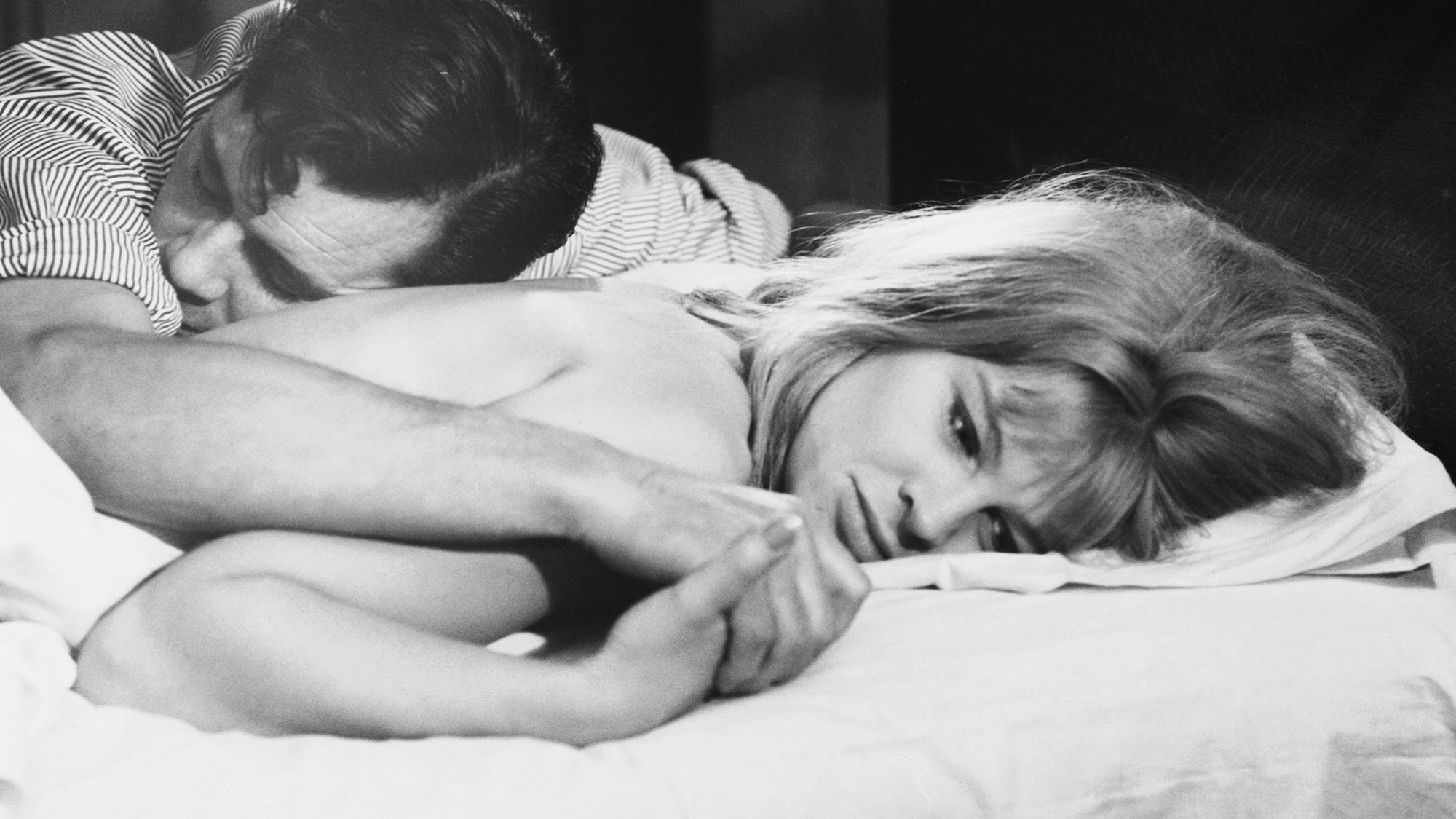This is why you keep getting up in the middle of the night to use the toilet
Interesting

Interesting
Nothing is more annoying than being in the midst of a perfect night's sleep then waking up because you need the sodding toilet.
Known as a medical condition called nocturia, frequently waking up in the middle of the night with the need to pass urine is common in many adults and often increases with age. For many who suffer from the condition, other problems such as insomnia and sleep deprivation can also start to appear after a period of time.
But researchers now believe our diets could be playing a key part in why and how we develop nocturia in the first place.
Researchers in Japan wanted to test the impact a salt heavy diet had on our urge to pass urine during the night, so conducted a study using 300 volunteers.
Unsurprisingly they found that those who cut down their salt intake needed to wee less and had less interrupted sleep.
Nocturia expert Professor Marcus Drake also commented on the study, saying: 'here we have a useful study showing how we need to consider all influences to get the best change of improving the symptom.'
Celebrity news, beauty, fashion advice, and fascinating features, delivered straight to your inbox!
Although he also did point out that the amount of water patients drank before heading off to the land of slumber and bladder and prostate problems were also factors for the reasons volunteers were experiencing an increased need to pass urine.
Looks like we may have to cut down our intake of those ready salted crisps from now on then. Damn.